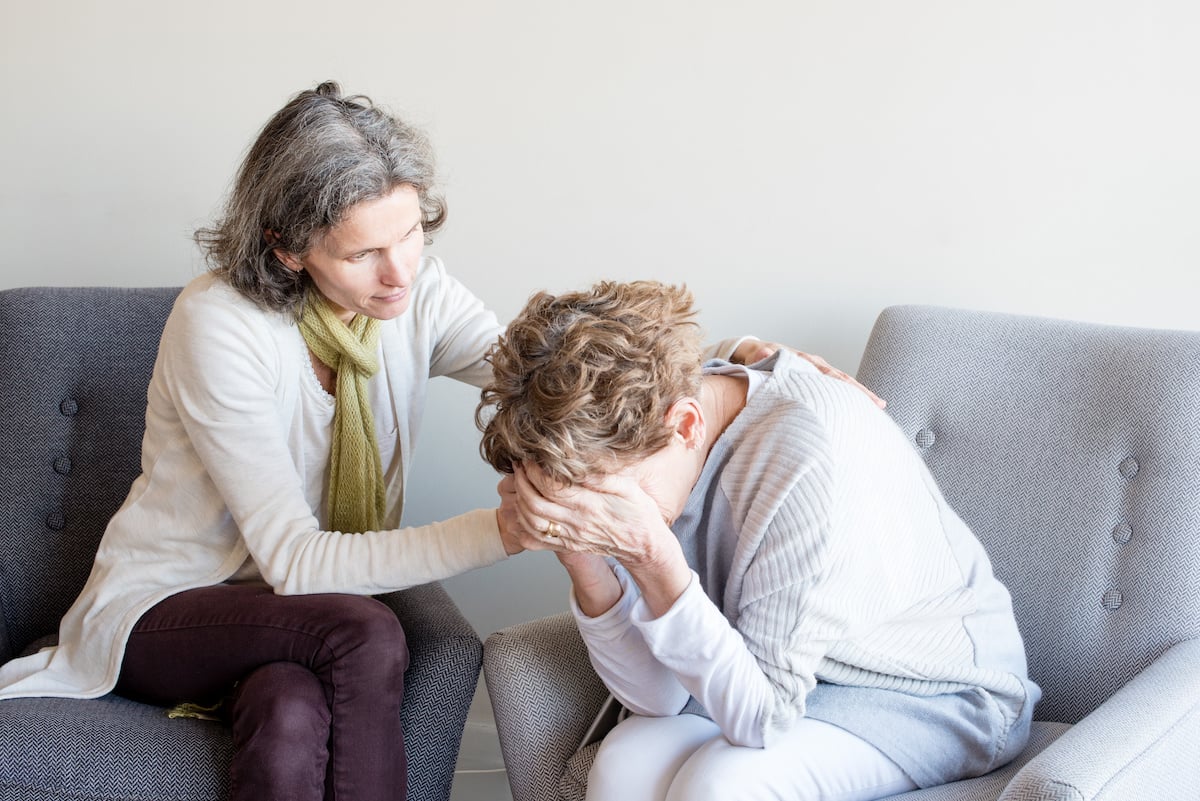
Screening for cancer saves lives, but a new report shows it comes with a hefty price tag: The United States spends at least $43 billion annually on tests that check for five major cancers. Published Monday in the Annals of Internal Medicine, the new analysis focused on screenings for breast, cervical, colon, lung and prostate cancers.… read on > read on >






























